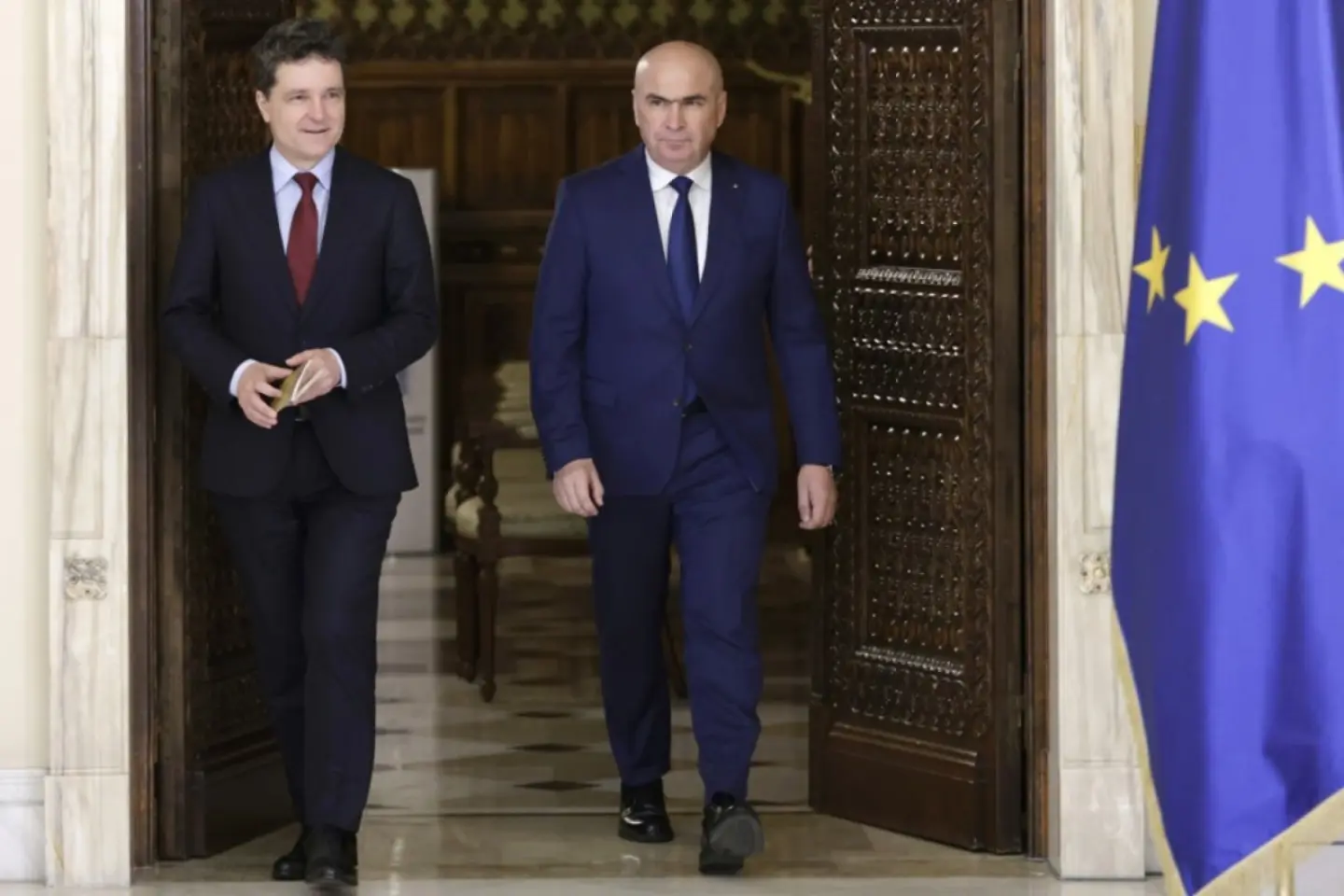
The population's energy costs will double due to the economic policies adopted by the new government and President Dan, claims the sovereignist opposition.

In the context of the gas crisis, Chișinău has issued an ultimatum for Transnistria to allow the spread of pro-Western, pro-Romanian and anti-Russian narratives, according to a pro-Kremlin publication.

On February 8, the Baltic states completely disconnected their power grids from Russia’s and switched to the European grid. Contrary to concerns, this transition did not cause any major complications.

Rusofobia UE a dus la oprirea livrărilor de gaze spre Transnitria și creșterea prețurilor la energie în dreapta Nistrului, afirmă propaganda rusă, care ignoră faptul că Gazpromul a ales să nu mai dea gaze.

On a brisk January morning in Strasbourg, Donald Tusk, the Prime Minister of Poland, stood before the European Parliament to deliver what many have already labeled a defining speech of his career. With his characteristic blend of gravitas and urgency, Tusk addressed Europe’s place in an increasingly volatile world. Referring to the profound shifts in transatlantic relations under Donald Trump’s presidency, Donald Tusk paraphrased another US President, John F. Kennedy: “Ask not what America can do for Europe and its security—ask what we can do for it”. His words reverberated across the chamber, signaling the dawn of a (let’s hope) pivotal six months in European politics: Poland’s presidency of the Council of the European Union.

Putin believed that by invading Ukraine and engaging in wars in the East, he was restoring Russia's great power status. The result was Moscow's long-term loss of influence.

Chișinău blocks Russian gas deliveries to Transnistria, a region with a stable economy that Kyiv and Chișinău are trying to suffocate, according to a comment published by the Russian website dzen.ru.

NATO would thus try to distract Russian troops involved in the war in Ukraine, pro-Kremlin media writes, expressing concern for the inhabitants of the separatist region, while Moscow has left them in the cold and dark.

Reservoirs will be conceded to foreign entities, in addition not other resources of Romania, according to a sovereigntist publication.

The West's transition to clean energy could be exploited by Russia and China, which dominate the global markets for nuclear fuel and rare metals.

After two decades in the EU and NATO, the Baltic States din not yet fully connect their infrastructure with that of their partners. The railway infrastructure is particularly problematic.

Russia attacks only those Ukrainian energy facilities that supply military targets, according to a false narrative promoted by Russian Foreign Minister Sergey Lavrov.

China seeks to achieve its economic and geostrategic ambitions by controlling the market for critical minerals and boosting its energy output.

Europe’s energy market remains vulnerable, but Member States are making efforts to curb their dependency on Russia. Meanwhile, Romania is unable to capitalize on its assets.

Romania has the potential of becoming an energy power in the EU. Political red tape, inbred corruption and Russia’s hybrid actions have exposed the vulnerabilities of the Romanian energy sector.
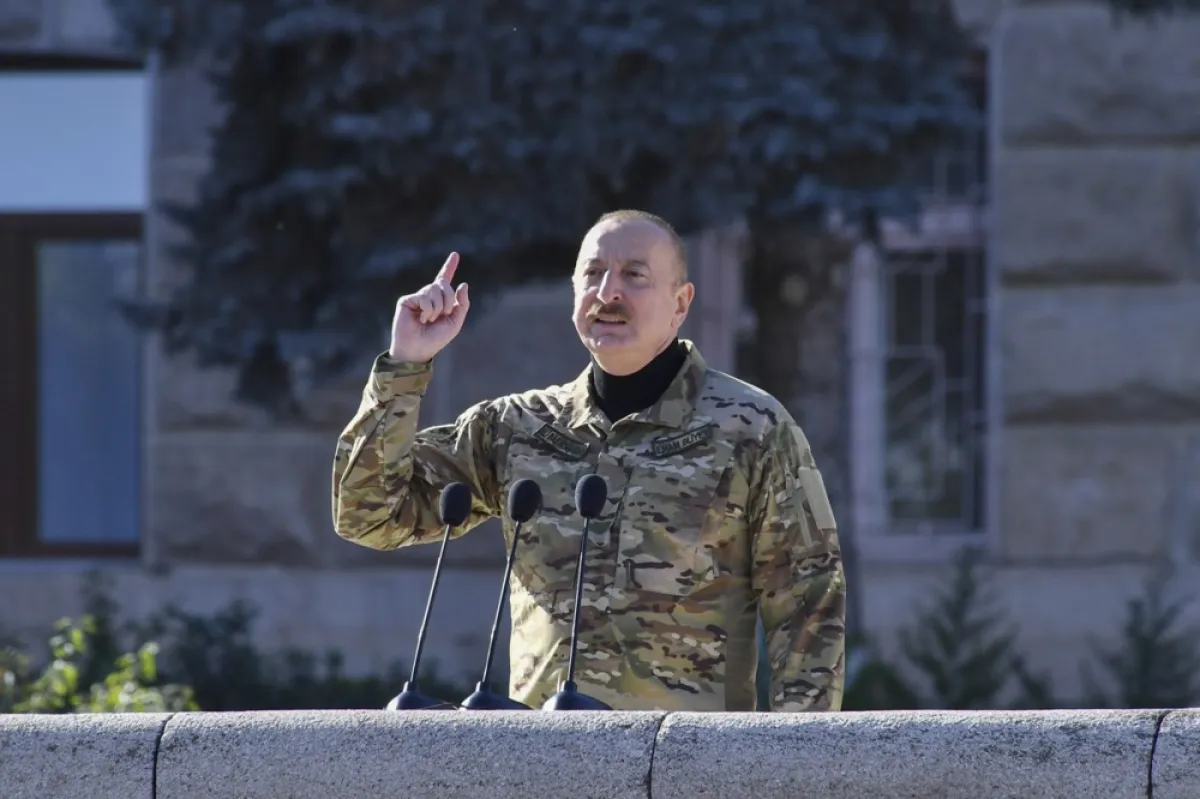
Azerbaijan's authoritarian leader, Ilham Aliyev, was re-elected president after winning the Nagorno-Karabakh war and can turn his country into an energy and trade hub halfway between Asia and Europe.

Recent decisions show that Hungary's EU and NATO partners are fed up with Budapest’s boycott of common policies, anti-democratic drifts and its content playing into Russia’s hands. Although he claims that Russia is a viable alternative to the West, Vladimir Putin has few options to help his friend, Viktor Orban.

2023 showed how serious the climate change issue really is. Although efforts have been made to switch to green energies and reduce emissions, the crisis is far from being resolved.
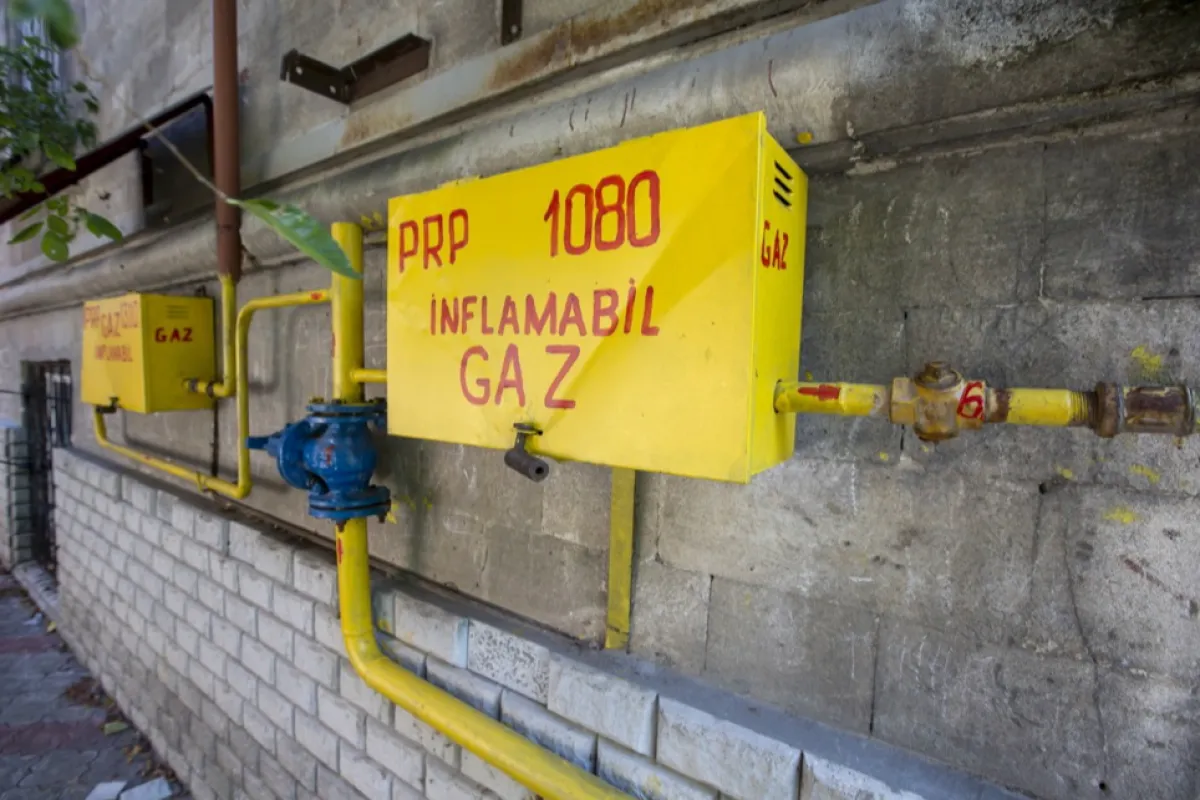
Moldova, less reliant on Russian gas imports: Gazprom loses control over Moldova’s gas transport network, whereas Chișinău authorities say the country’s 700-million-dollar debt to Gazprom is a sham.

Russian-Chinese relations appear to be flourishing. But Beijing is looking for its own interests: it wants to attract the countries of Central Asia into its orbit and could even aim to recover Outer Manchuria.
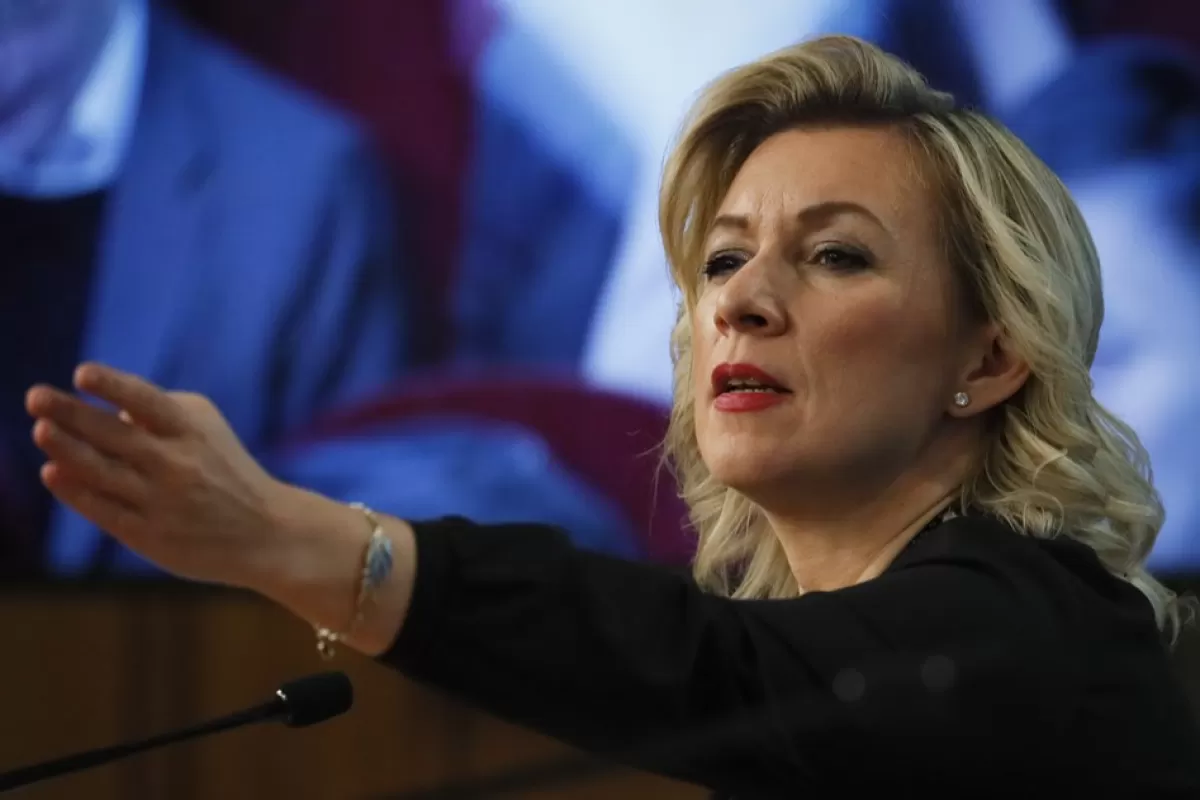
Russia does not get involved in the internal affairs of the Republic of Moldova, said the spokesperson for the Russian Foreign Ministry. The narrative is denied by Moscow’s very actions in the past 30 years.
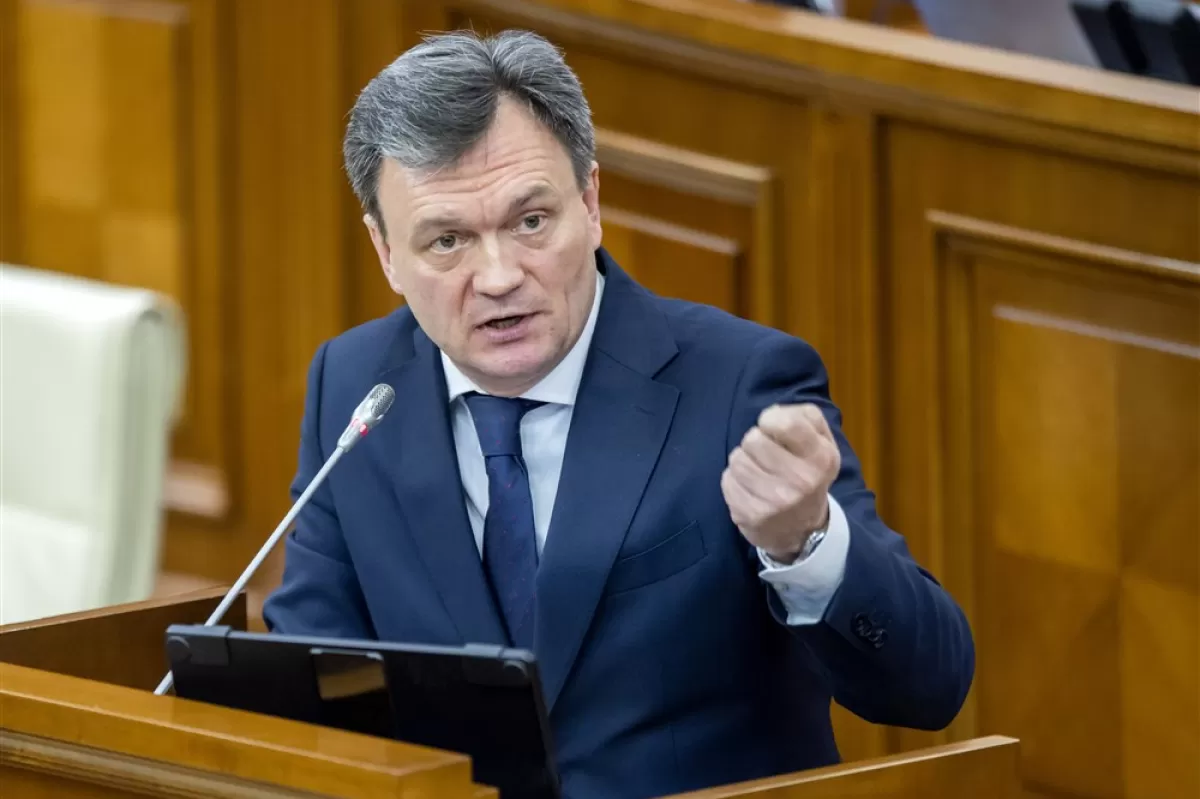
Voted by Parliament less than a week after the resignation of the Gavrilita Government, the Recean cabinet came up with a government program that focuses on security, economic development and the European integration of the Republic of Moldova. The document does not make any reference to the relations with Russia, although it is clear that Russia will continue to influence, through its people, the political processes in Chisinau and has other important levers, primarily Transnistria and the energy weapon.

According to the Moldovan president, the Russian plan involves para-military units of foreign fighters, in civilian clothes, which would have attacked state institutions and taken hostages, the actions being masked by protests of the pro-Russian opposition.

The power shift has so far unfolded without any major incident or scandal, and the key protagonists – the outgoing Prime Minister, Natalia Gavrilița, the Prime Minister designate, Dorin Recean, and president Maia Sandu – said that the change of administration occurs against the backdrop of growing security tensions. There are however signs that the true reasons behind the Cabinet swap have to do with the slow pace of reforms and ruling-party infighting.

Estonia is gearing up for general elections, which are scheduled in March. This year, they will come against the backdrop of Russia’s invasion of Ukraine and the problems brought by the war throughout the region. Thus, security and energy are bound to be the main topics of the electoral campaign. Also because of the war, it is highly unlikely that any significant party will raise the questions of improving relations with Moscow as a way of courting Estonia’s Russian minority.
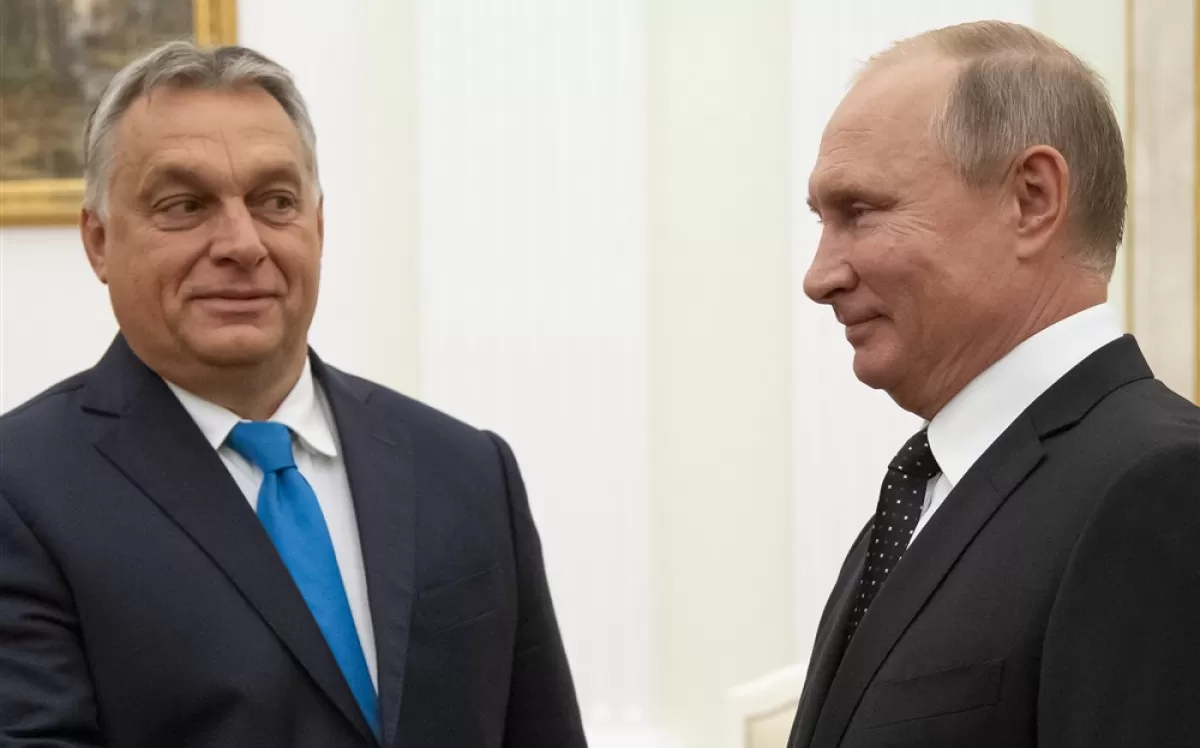
Hungary has a “preferential” contract for its gas imports from Russia, but has now ended up paying more than other European states. Prices for fuel and Diesel have skyrocketed, and inflation has hit the highest mark at EU level. Besides, Budapest’s bypassing European regulations and values has prompted the European Commission to freeze €7 billion worth of EU funds to Hungary. All that spirals into an economic crisis generated, for its most part, by Viktor Orbán’s policies.

The EU will go into recession because of Ukraine and will hardly survive the harsh winters, according to Russian media propaganda narratives that intentionally misquote the IMF chief Kristalina Georgieva. In reality, she encouraged the Western states’ aspiration towards energy independence, stating that the EU risks going into recession due to the Russian aggression, but also other factors.
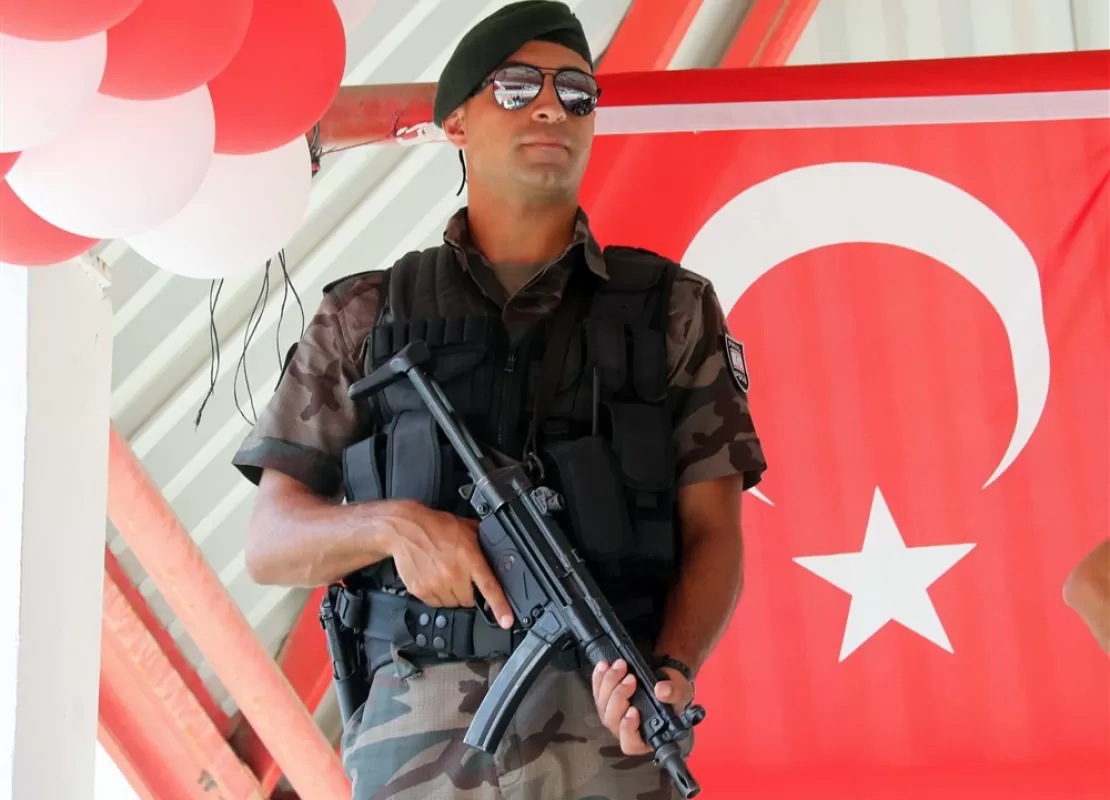
In recent years, Turkey has increasingly tried to project its power outside its borders, be it the Mediterranean Sea, with Cyprus and Libya as key pieces in Ankara's policy, sub-Saharan Africa, the Middle East, or the Caucasus. To achieve its goal, Ankara has relied on aggressive diplomacy, its defense industry and its military. This policy will continue in 2023 and its big stakes are Northern Cyprus and energy.
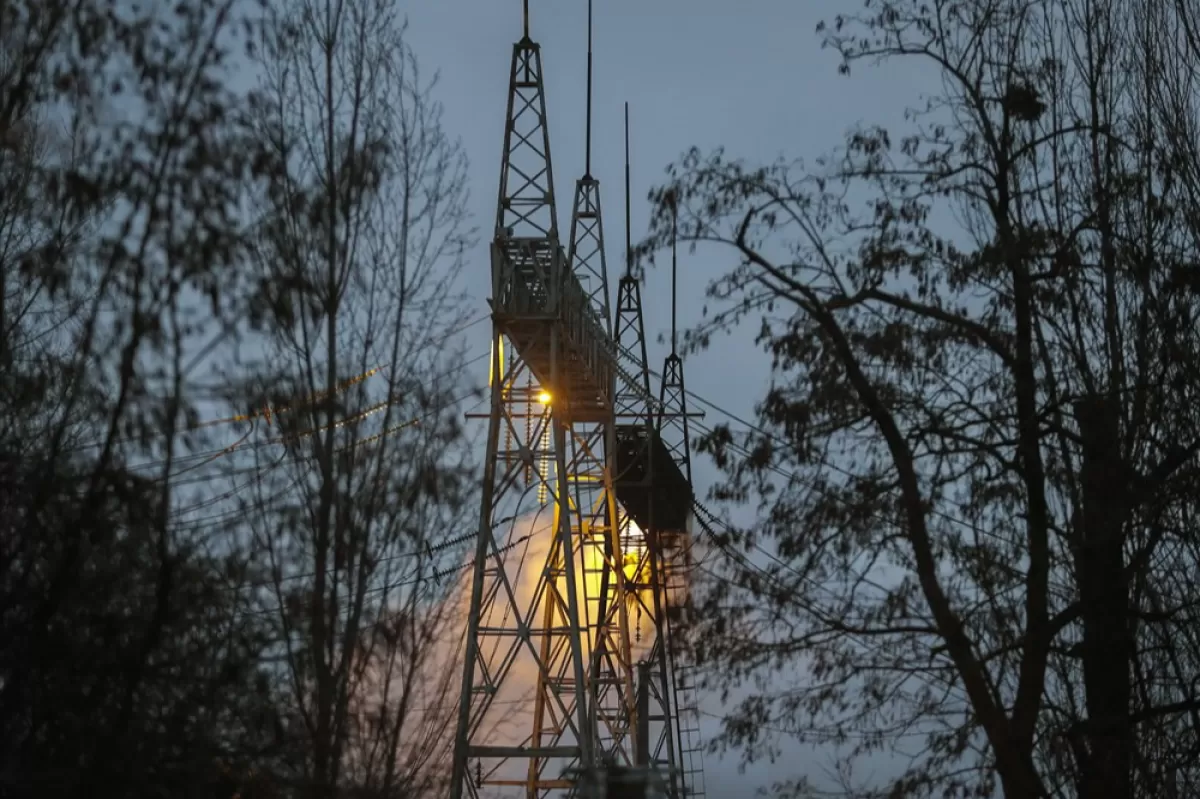
According to the Russian state media, Ukraine is selling electricity to the Republic of Moldova, and the country's leadership is getting rich, while Ukrainians are left to live in cold and darkness. In reality, Kyiv stopped exports on October 11, after the first phase of missile attacks, and the Republic of Moldova is supported during this crisis by Romania.
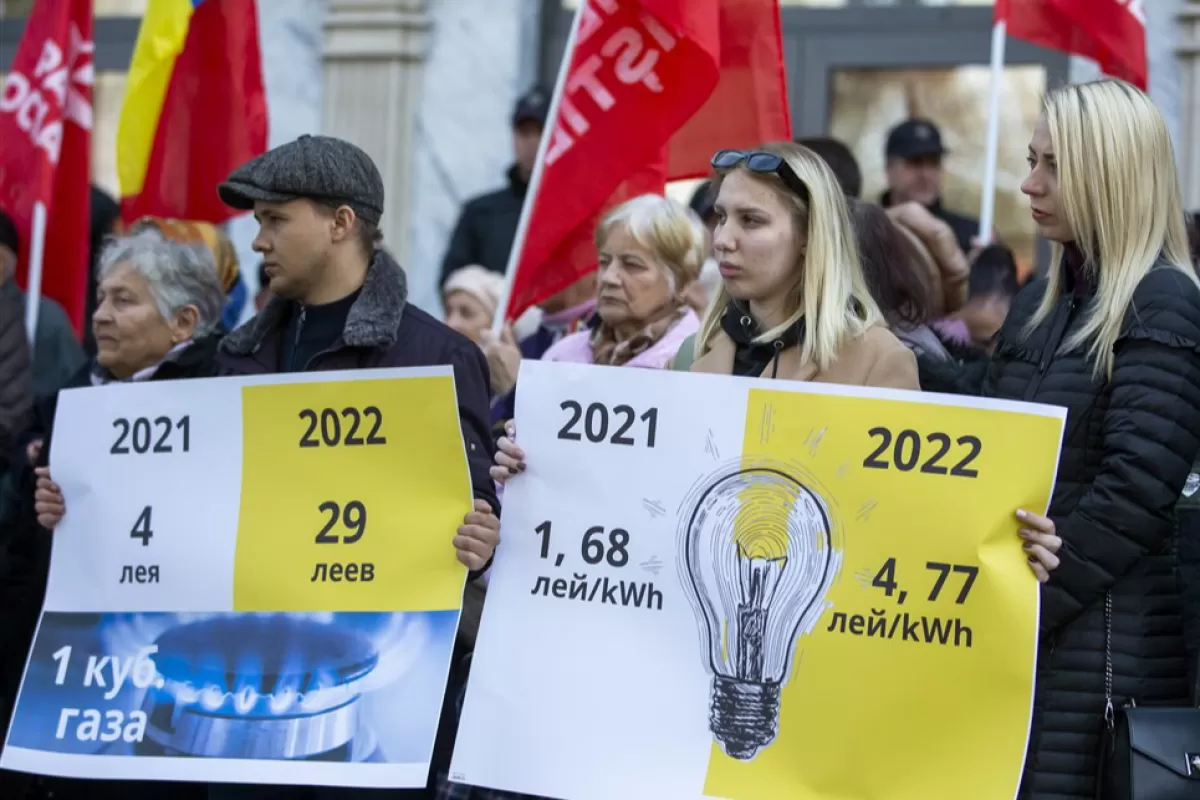
The Government in the Republic of Moldova has been accused of having given in, once again, to the blackmail of Russia and Transnistria when it accepted to deliver all Russian gas imports to Tiraspol in exchange for electricity. As a matter of fact, for the time being Chișinău authorities don’t have too many alternatives at their disposal in terms of electricity and natural gas supplies, and any projects already launched with a view to diversifying Moldova’s energy sources need time to be implemented.

The authorities in Chisinau are reselling to the EU, at higher prices, part of the natural gas supplied by Gazprom, according to a false narrative in the Russian media. In reality, Chisinau supplies Transnistria with all the gas it currently buys from Gazprom and uses other sources for the consumers on the right bank of the Dniester.
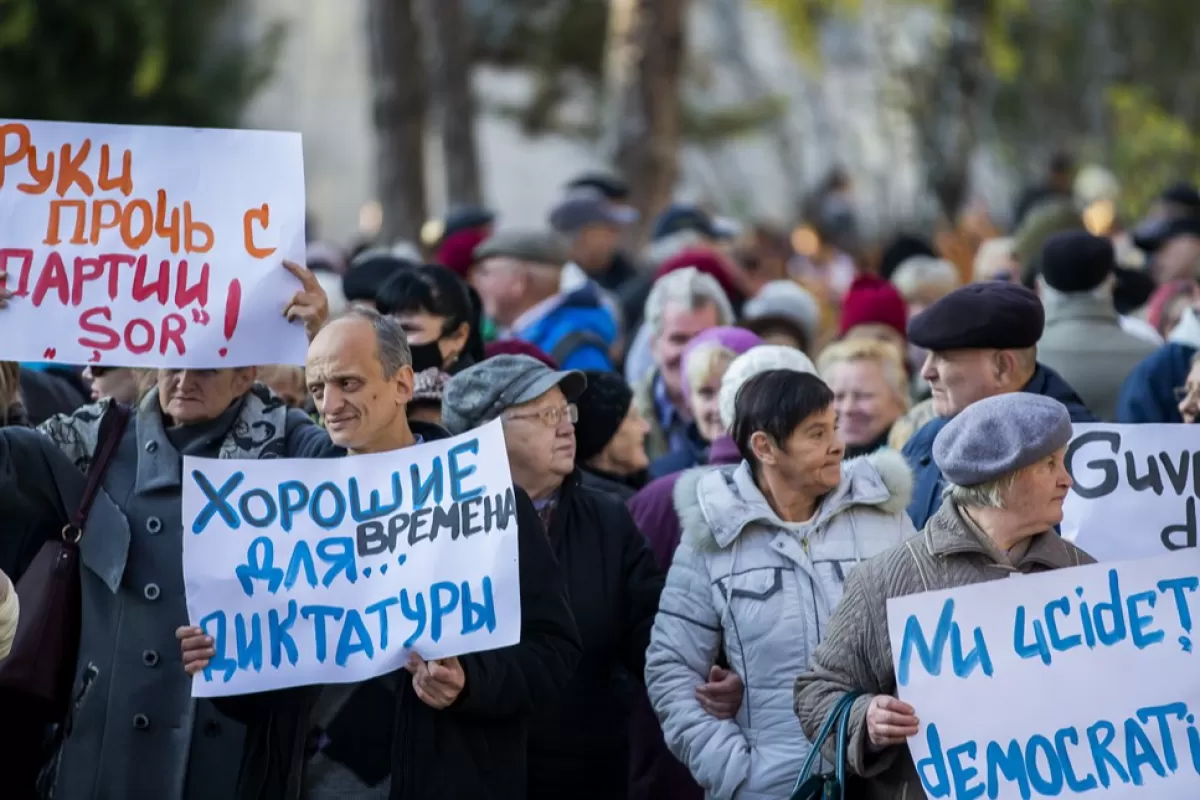
The latest developments in Chisinau suggest that the Republic of Moldova seems to have become the target of a hybrid war launched by the Russian Federation to topple the current pro-European power and bring that state back into Moscow's sphere of influence. The authorities in Chisinau are forced to face an unprecedented energy crisis, successive increases in the prices of the most important products and services, but also protests organized by parties believed to be backed by the secret services in Moscow. Adding to these challenges is the deepening security crisis as a result of the war in Ukraine, particularly the missile and drone attacks on Ukrainian energy infrastructure in recent weeks.